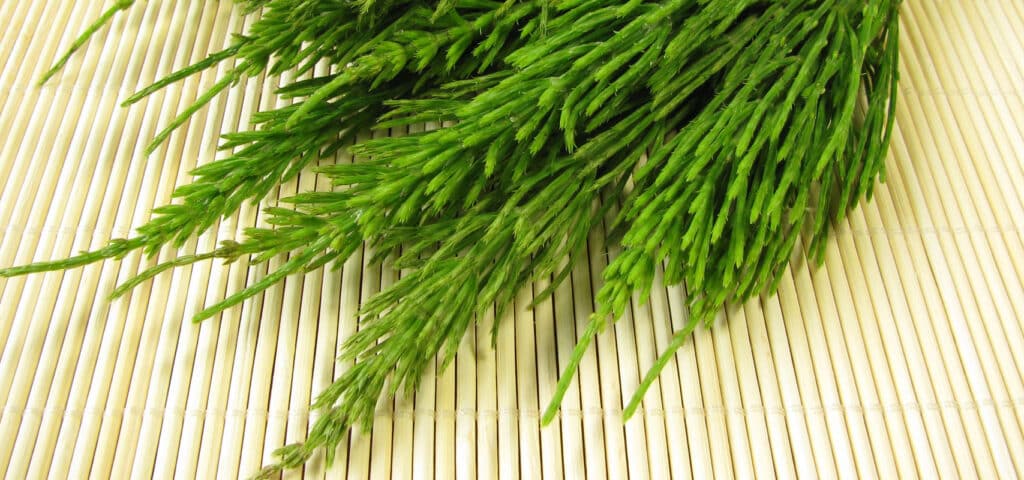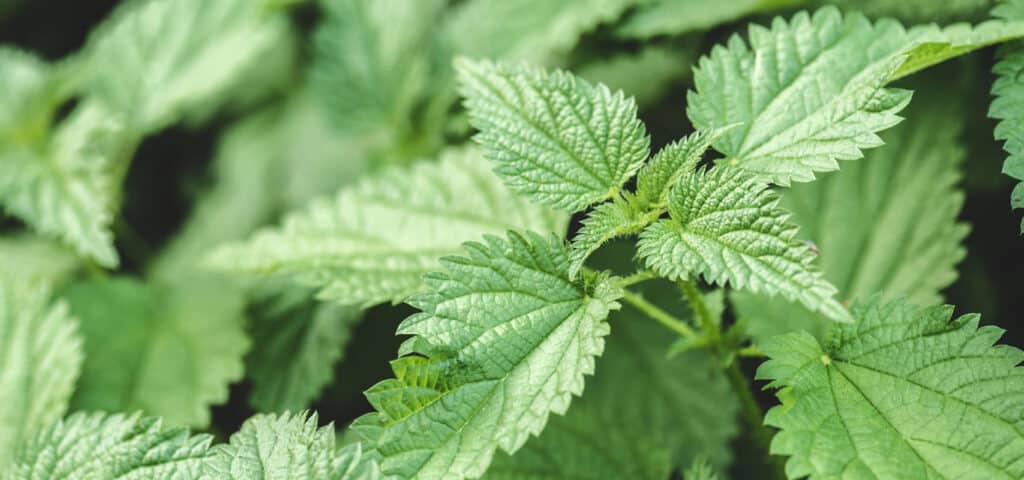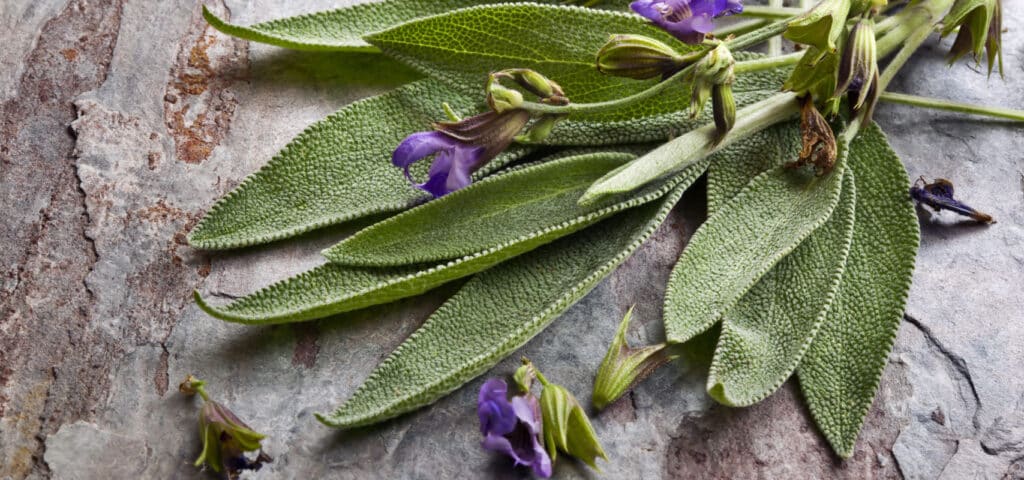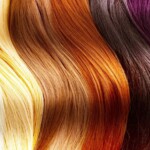Herbs for hair can become an ally in the quest to maintain beautiful, shiny, and thick hair. As a result, hair becomes a symbol of health, beauty, and vitality. It is worth remembering that the condition of our hair often reflects our overall health, and problems with hair loss can be a major source of stress. When looking for natural ways to strengthen and stimulate hair growth, it is worth turning to herbs, which have been used for centuries in folk medicine to treat various ailments – including hair-related issues. Below we present the most effective herbs for hair growth.
Why does hair fall out?
Hair loss is a natural process, but when it becomes excessive, it can cause anxiety and frustration. There are many causes of this problem, linked to both external and internal factors. The most common causes of hair loss include:
- genetic factors – heredity plays a key role in hair loss. Androgenetic alopecia, also known as male or female pattern baldness, is the most common form of hair loss. It results from follicle sensitivity to dihydrotestosterone, which causes gradual follicle miniaturization, leading to a shortened hair growth cycle,
- hormonal changes, such as those occurring during pregnancy, menopause, or thyroid disorders, can affect hair health. Hormonal imbalances disrupt the hair growth cycle, leading to hair loss. An example is telogen effluvium, where sudden hormonal changes cause more hair to enter the resting phase, resulting in shedding,
- stress – an important factor that can trigger hair loss. Physical and emotional stress accelerates the transition of hair into the telogen phase, causing shedding. Telogen effluvium typically appears a few months after a stressful event, such as surgery or illness,
- poor diet – inadequate nutrition, lacking essential vitamins and minerals such as iron, zinc, B vitamins, or protein, can weaken hair and cause shedding. Hair needs proper nutrients to grow, and deficiencies can weaken follicles,
- diseases and infections – some lead to hair loss. Alopecia areata is an autoimmune disease in which the immune system attacks hair follicles, causing sudden hair loss,
- medications and treatments – some medications, such as antidepressants, contraceptives, or chemotherapy, can cause hair loss as a side effect. Chemotherapy, in particular, is known to target rapidly dividing cells, including hair follicles, leading to hair loss,
- mechanical factors – aggressive brushing, frequent use of straighteners or curling irons can weaken hair and contribute to shedding.
What is herbal medicine for hair?
Herbal medicine is a popular field that uses herbs and plants to improve health and treat various ailments – including hair problems. Herbs for hair loss are used both internally in the form of infusions, capsules, or extracts, and externally as rinses and oils. They affect hair condition in several ways, including:
- nourishing follicles – many herbs contain vitamins and minerals essential for healthy hair. For example, nettle for hair is rich in iron, magnesium, and calcium, which strengthen hair,
- improving blood circulation – rosemary improves blood circulation in the scalp, enhancing follicle nourishment and stimulating new hair growth,
- anti-inflammatory and antibacterial action – herbs such as sage or aloe vera have anti-inflammatory and antibacterial properties, helping maintain a healthy scalp and preventing infections,
- sebum regulation – sage and other herbs help regulate sebum production, which is important for maintaining proper scalp and hair hydration,
- protection against free radicals – herbs rich in antioxidants, such as green tea, protect hair from damage caused by free radicals.
Which herbs strengthen hair?
Herbs for strengthening hair are an old practice that has survived to this day thanks to their effectiveness and natural approach. Horsetail is the most popular herb used in hair care. Rich in silica, it strengthens hair structure, improves elasticity, and prevents breakage. Horsetail can be consumed as an infusion, used as a rinse, or taken as a dietary supplement.
Read more: Benefits of using horsetail for hair

Nettle is a rich source of vitamins and minerals essential for maintaining healthy hair. It strengthens follicles and prevents shedding. You can drink nettle tea, use nettle infusions as rinses, or choose cosmetics containing nettle extract. Rosemary improves scalp circulation, which enhances follicle nourishment and stimulates growth. It also has anti-inflammatory and antioxidant effects. Rosemary oil can be added to shampoo or used in hair masks.

Sage regulates sebum production, particularly beneficial for people with oily scalps. It also has anti-inflammatory and antibacterial properties that support scalp and hair health. Sage infusions are often used as rinses. Another recommended herb for hair is aloe vera, which moisturizes the scalp and hair, supports regeneration, and has soothing effects. The enzymes in aloe vera help remove dead skin cells, enhancing nutrient absorption. For those looking for herbs for gray hair, Indian gooseberry (amla) is recommended, as it is rich in vitamin C and antioxidants that support pigmentation and prevent graying.

How to use herbal medicine for hair?
When using herbal blends for hair, it is important to select the right herbs based on your needs. To prepare an infusion, pour 1 liter of boiling water over 2 tablespoons of dried herbs. Let them steep for 20 minutes, then strain and cool. After shampooing, rinse your hair with the herbal infusion.
For herbal masks, blend fresh herb leaves into a smooth paste and apply it to the scalp and hair. Leave the mask on for about 30 minutes, then rinse with warm water. Herbal oils are prepared by diluting essential oils in a carrier oil and massaging the mixture into the scalp.
Herbs for hair growth to drink can be prepared as teas or infusions by steeping 1–2 teaspoons of dried herbs in 250 ml of boiling water. Let it steep for 10–15 minutes. Such infusions are best consumed 1–2 times a day.
Why use herbs for hair?
Herbs for thinning hair and other scalp-related issues help strengthen follicles, improve hair condition, and stimulate new growth. Herbs are natural ingredients free from the harmful chemicals found in many commercial hair care products. They also minimize scalp irritation and allergic reactions. Regular use of herbs improves hair elasticity and reduces breakage. Additionally, herbs are easily accessible and can be used in various forms, such as infusions, rinses, or masks. They can be used on their own or as an addition to ready-made hair care products.
At OT.CO Clinic, we know that healthy, well-maintained hair reflects overall health. That’s why we offer patients consultations with cosmetologists and trichologists, who help select the right herbs for hair and scalp care. We warmly invite all those who want to learn more about proper hair care to contact us.





